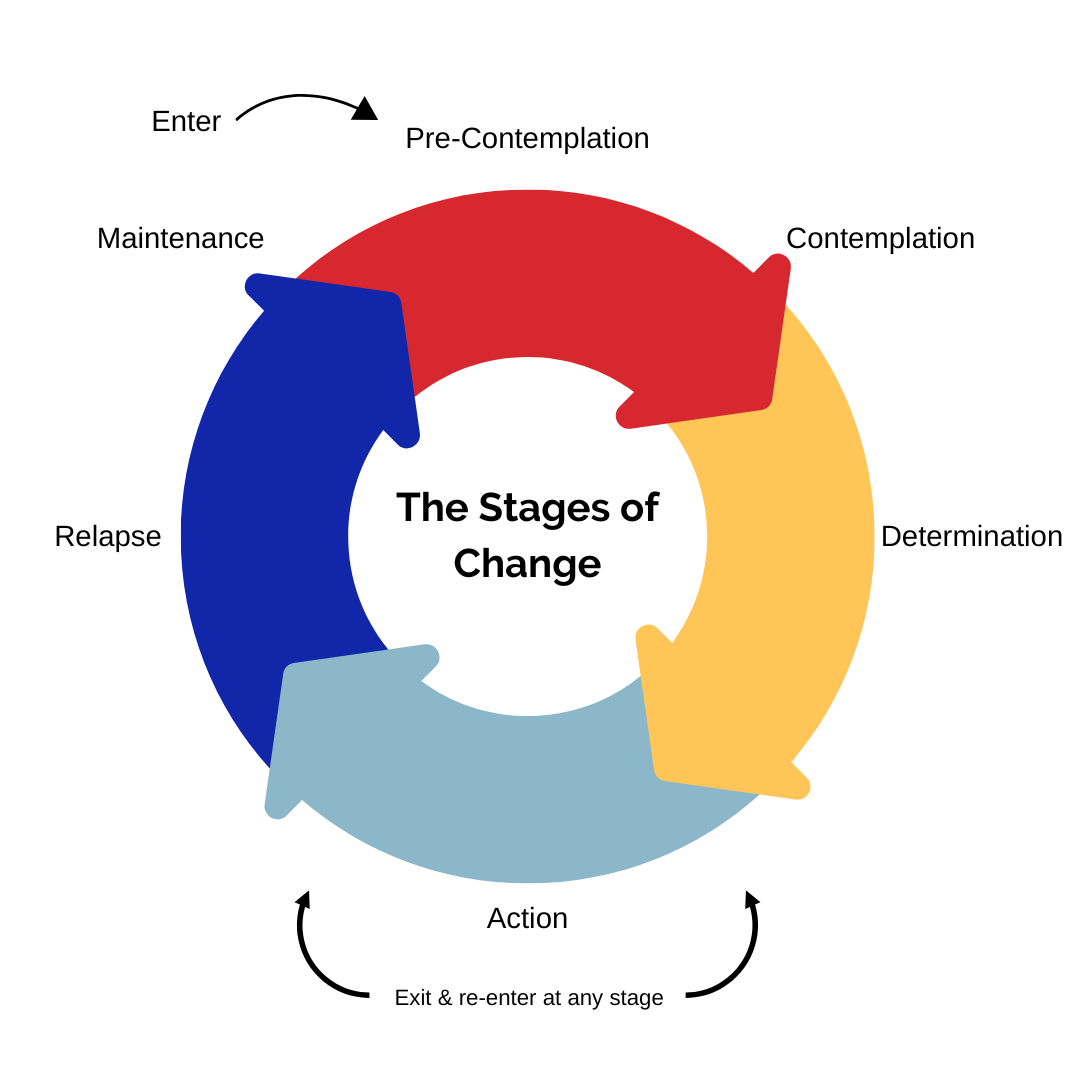Systems Navigation


SafeLink Alberta's Systems Navigation Team Provides Comprehensive Support Services to Marginalized Populations in Calgary
At SafeLink Alberta, our Case Management team delivers comprehensive and individualized support services to our priority populations in Calgary. These include:
- People who use substances
- Cis and trans gay, bi, and queer individuals
- Indigenous and racialized communities
- People currently or formerly engaged in sex work
- People living with HIV or hepatitis C
- Other marginalized populations, including those who are street-involved
Our team engages clients in the development of a personalized service plan and provides emotional support, crisis intervention, and education. They also coordinate a network of services on behalf of clients by bridging communication gaps between them and service providers and provide referrals and facilitation of access to services such as treatment and recovery programs and housing programs.
Moreover, our dedicated Indigenous Communities Systems Navigator facilitates access to additional cultural supports to engage folks along a path of wellness and healing.
If you would like to connect with our Systems Navigator team, please contact us at [email protected].
SafeLink Alberta's Evidence-Based Model Promotes Health, Dignity, and Community Well-Being
- We work with individuals and their communities to minimize any negative health or social outcomes associated with sexual activity or substance use to improve their overall quality of life.
- We use evidence-based public health approaches to prevent HIV, hepatitis C, and other sexually transmitted and blood-borne infections.
- We recognize that complex social structures, such as poverty, classism, racism, white supremacy, colonization, trauma, social isolation, health inequities, sex-based discrimination, and other social inequalities, influence health outcomes for individuals. These forces affect people’s vulnerability to, and capacity for, navigating the risks that may be associated with their experiences.
- The foundation of our work is rooted in dignity and human rights for everyone. We recognize that choice and autonomy are basic human rights
- We encourage self-empowerment by meeting people where they are at, sharing education and resources, building relationships, and promoting autonomy so people make informed decisions and lessen potential harms to self and the broader community.
- Supply distribution, including sterile syringes and pipes, naloxone kits, and safer sex supplies, combined with accessible education focused on safer ways to use these items, is proven to be an effective strategy to reduce STBBI transmission.
- Our work includes the active engagement of people with lived and/or living experience to advise our practices and programs. We believe that people are experts in their own lives and their own experiences and that, when offered meaningful engagement opportunities, that expertise can be used to create impactful change within their community.
- We acknowledge that individual change is not a linear process, but a dynamic, incremental evolution of self-discovery and transition. Therefore, an adaptive and innovative response from service providers must be continually practiced to effectively meet community members where they are at during each stage of their journey.
SafeLink Alberta Utilizes Stages of Change Model to Support Clients' Health and Well-being
SafeLink Alberta uses the Stages of Change Model to guide their work with clients who are seeking to make changes related to their health and well-being. The Stages of Change Model outlines five stages that an individual may go through as they make a behaviour change, and SafeLink Alberta assesses where each individual is in the process of behaviour change and tailors their support accordingly. Ultimately, the goal is to help clients move through the stages of change and achieve their desired outcomes.
The Stages of Change Model outlines five stages that an individual may go through as they make a behaviour change. These stages are:
- Pre-contemplation: In this stage, the individual is not yet considering making a change. They may be unaware of the potential benefits of change or may feel ambivalent about the need for change.
- Contemplation: In this stage, the individual is beginning to consider making a change but may still feel uncertain or ambivalent about it. They may be weighing the pros and cons of change and considering the potential impact on their life.
- Preparation: In this stage, the individual has made a decision to make a change and is beginning to take action towards that change. They may be gathering information or resources, developing a plan, or seeking support from others.
- Action: In this stage, the individual is actively making changes to their behavior or lifestyle. They may be using new coping strategies or developing new habits that support their goals.
- Maintenance: In this stage, the individual has successfully made a change and is working to maintain that change over time. They may be developing new routines or seeking ongoing support to help them stay on track.

